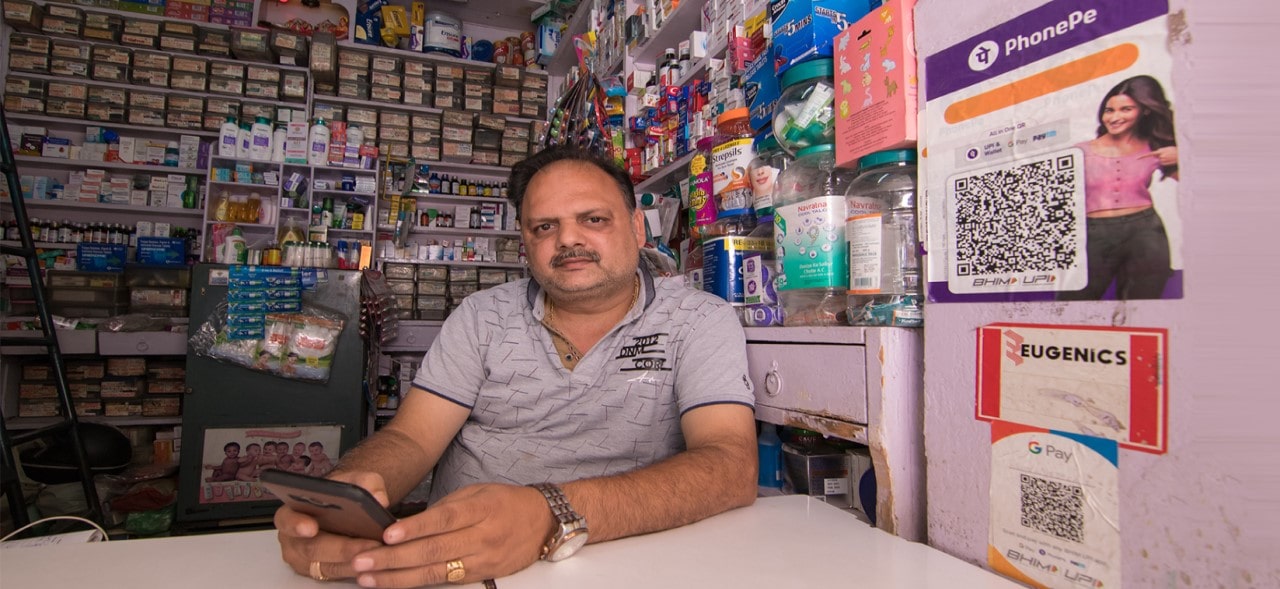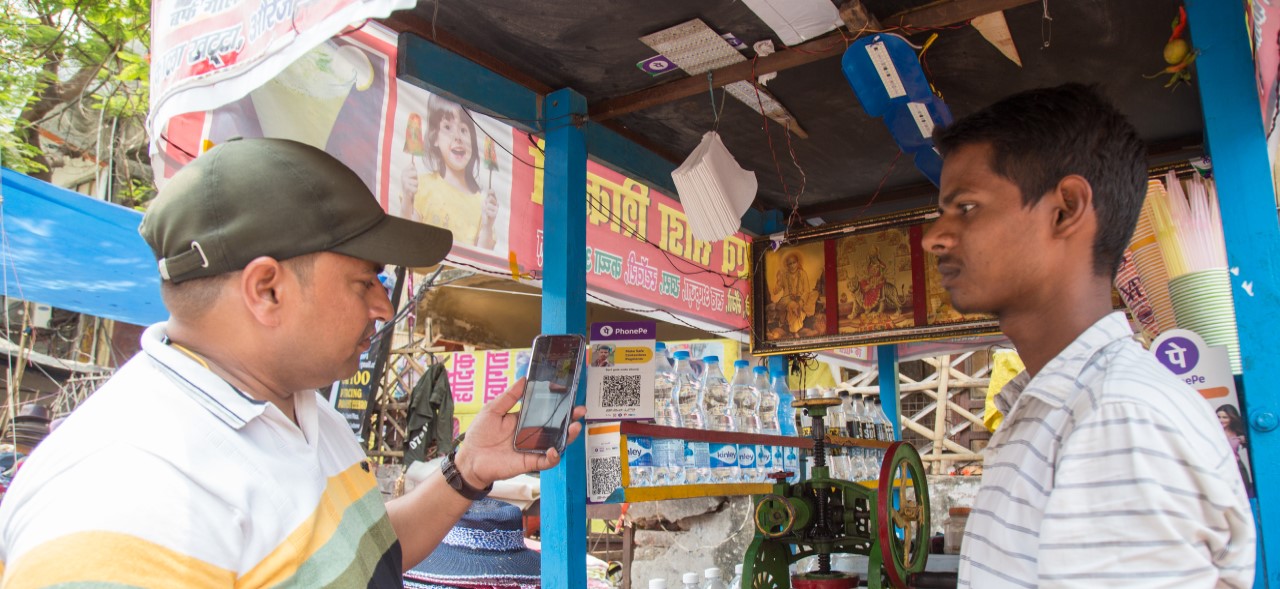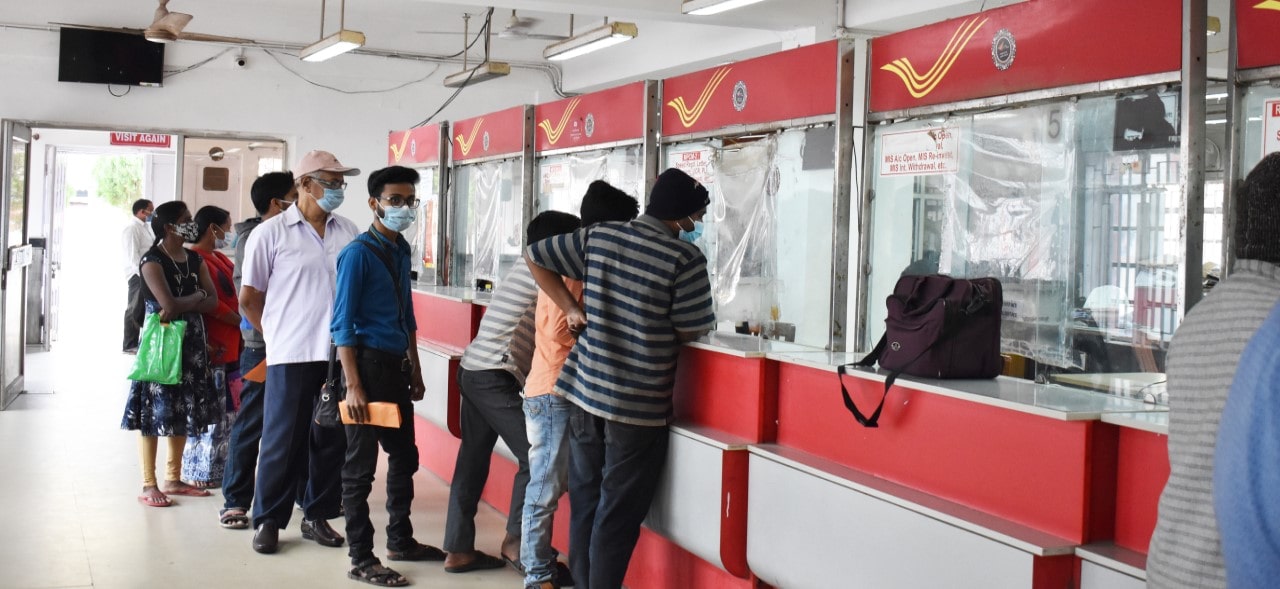Manali Jain

Manali Jain
Manali Jain is an Assistant manager in the Digital Financial Services domain of MSC, focused in Payments and Distribution.
Manali is a budding economist turned development sector consultant and has experience of working with the regulators, policymakers, startups, DFS providers, and other ecosystem players. She has worked on projects commissioned by BMGF, JPMorgan Chase (JPMC), MetLife Foundation, Omidyar Network, and others. Her work involves offering technical advisory to DFS providers, developing their go-to-market strategies, and undertaking client-centric market researches focused on gender and behavioral aspects to accelerate the uptake of DFS at the bottom of the pyramid. She holds a graduate degree in economics from Shri ram college of commerce.
Posts by Manali Jain
 Blog
Blog
Manali Jain, Shweta Menon, Akshat Pathak and Pramiti Lonkar
Digital payments in India—democratizing financial services for the masses
 Blog
Blog
Manali Jain, Shweta Menon, Akshat Pathak and Pramiti Lonkar



